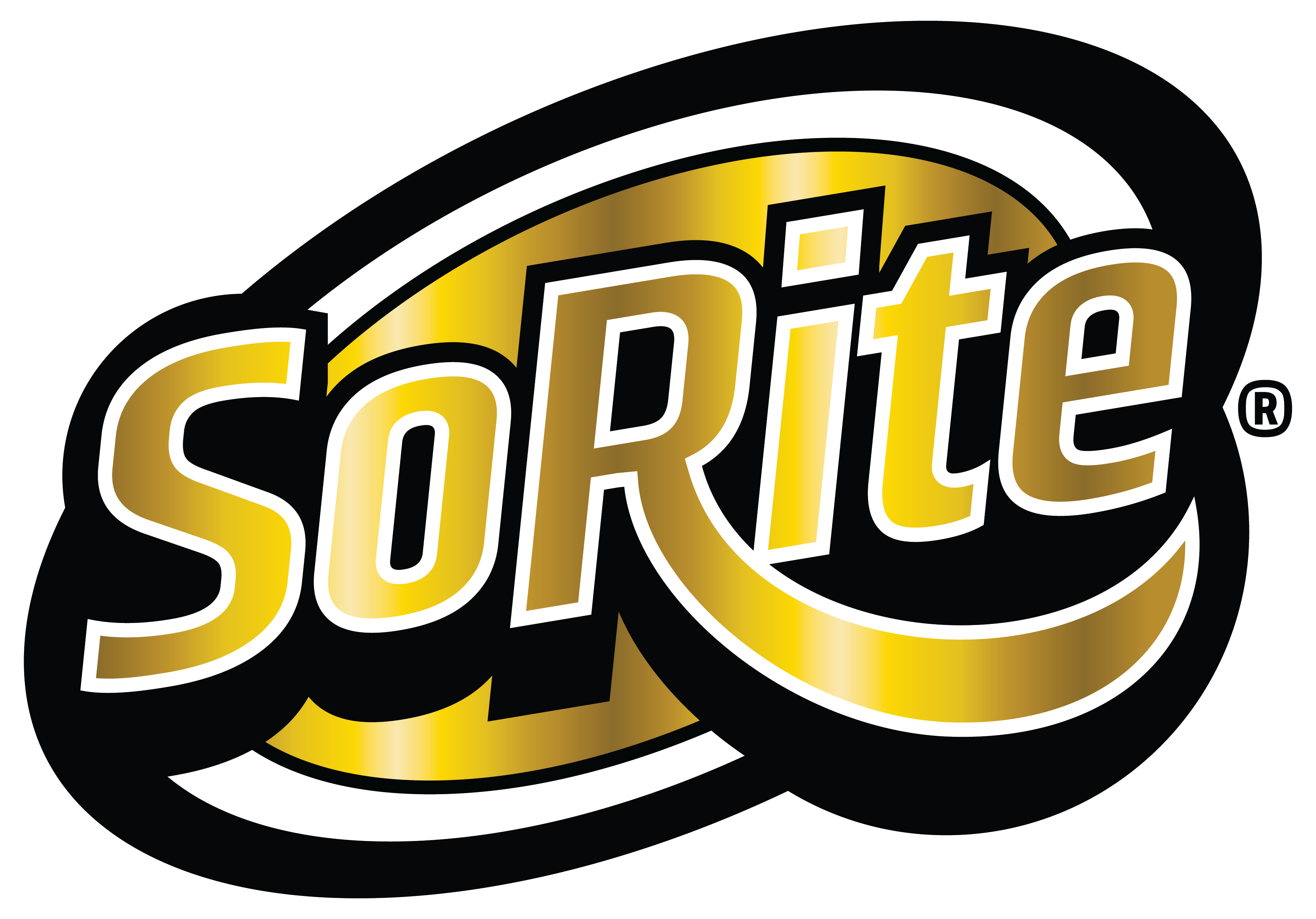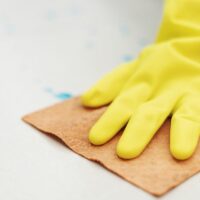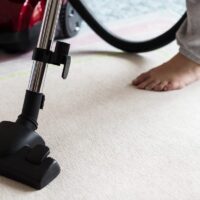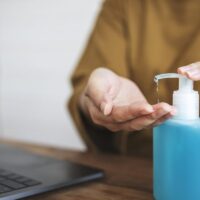 3 Strikes And Your Out
3 Strikes And Your Out
by Gus Scannapieco, Certified Clinically Clean® Specialist
While researching information for our Disinfection Tips, I kept running across industry leaders touting the benefits of Hydrogen Peroxide for disinfection…from veterinarians and other healthcare professionals to carpet cleaners.
While Hydrogen Peroxide has a low toxicity rating, it is acidic and highly corrosive. If you’re using the 3% hydrogen peroxide solution from the drugstore as a mouthwash, you’d best rinse well with water after using. And never drink it. Even at three percent concentration, it can cause blistering in the mouth, vomiting and abdominal pain.
Also note, hydrogen peroxide can discolor some surfaces (including your fingertips) and should be tested in an inconspicuous area before using. Wear gloves to protect your skin.
Used as a disinfectant, hydrogen peroxide is effective against a wide range of microorganisms including bacteria and viruses, yeasts, fungi, and spores as it acts as an oxidizer, pulling electrons from other molecules in the cell which kills the organism. However, it can be unstable if it comes into contact with some molecules, like organics and biofilm that hasn’t been cleaned before the disinfectant was sprayed.
So basically two strikes against hydrogen peroxide as a disinfectant: It needs a two-step cleaning process to be effective; and a two-step process to finish (spray, then rinse).
There are some other problems with hydrogen peroxide.
It should never be mixed with vinegar. The combination of the two creates peracetic acid which is highly corrosive and can harm your skin, eyes, nose, throat and lungs.
Wound care specialists also warn against using hydrogen peroxide on deep cuts and scrapes as it has been found to actually harm the healthy cells around the cut which delays healing. Experts recommend rinsing the cut thoroughly with water that has enough pressure to dislodge dirt or debris in the wound.
For more information contact Aseptic Health.
If you’d like more cleaning tips like this, please subsccribe to DisinfecTips.com





